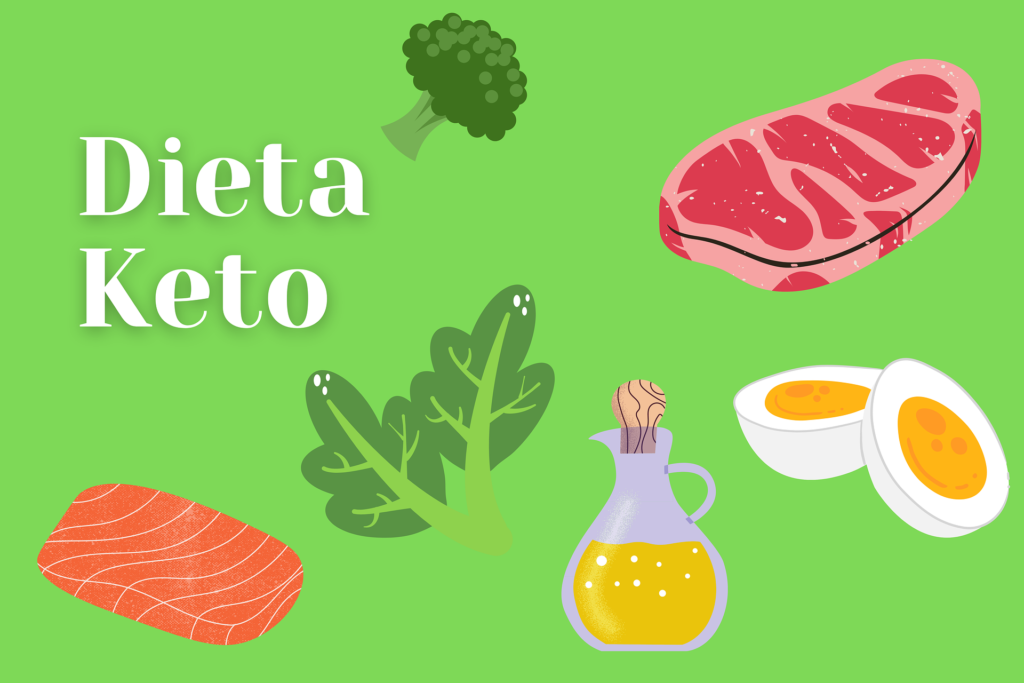
The ketogenic diet, or “keto” diet for short, is a low-carbohydrate, high-fat diet that has gained popularity in recent years for its potential health benefits, including weight loss, improved blood sugar control, and increased energy levels. In this article, we’ll explore what the keto diet is, how it works, and some of its potential benefits and drawbacks.
What is the Keto Diet?
The keto diet is a diet that involves reducing carbohydrate intake and replacing it with fat. This shifts the body into a state of ketosis, where it begins to burn fat for energy instead of carbohydrates. The diet typically consists of 70-80% fat, 10-20% protein, and 5-10% carbohydrates.
How Does the Keto Diet Work?
When you eat carbohydrates, your body breaks them down into glucose, which is used as energy by the cells in your body. However, when you reduce your carbohydrate intake, your body begins to use stored fat as its primary source of energy. This results in the production of molecules called ketones, which are produced by the liver and used by the body for energy.
Potential Benefits of the Keto Diet
- Weight loss: By reducing carbohydrate intake and increasing fat intake, the keto diet can help you lose weight by forcing your body to use stored fat as energy.
- Improved blood sugar control: By reducing carbohydrate intake, the keto diet can help improve blood sugar control and reduce insulin resistance, which is a risk factor for type 2 diabetes.
- Increased energy levels: By using stored fat as its primary source of energy, the keto diet can lead to increased energy levels and reduced fatigue.
- Improved mental clarity: Some people report improved mental clarity and focus when following the keto diet.
Potential Drawbacks of the Keto Diet
- Nutrient deficiencies: The keto diet can be low in some essential nutrients, including fiber, vitamins, and minerals, which can increase the risk of nutrient deficiencies.
- Difficult to follow: The keto diet can be difficult to follow, especially in the beginning, as it requires significant changes in dietary habits and may limit certain foods and food groups.
- Increased risk of heart disease: The high intake of saturated fat on the keto diet can increase the risk of heart disease in some people.
- Keto flu: Some people experience flu-like symptoms when they first start the keto diet, including fatigue, headaches, and irritability.
In conclusion, the keto diet is a low-carbohydrate, high-fat diet that can help with weight loss, blood sugar control, energy levels, and mental clarity. However, it may also have some potential drawbacks, including nutrient deficiencies, difficulty following, increased risk of heart disease, and keto flu. If you’re considering the keto diet, it’s important to speak with a healthcare professional to determine if it’s right for you and to ensure that you’re getting all the essential nutrients your body needs.
